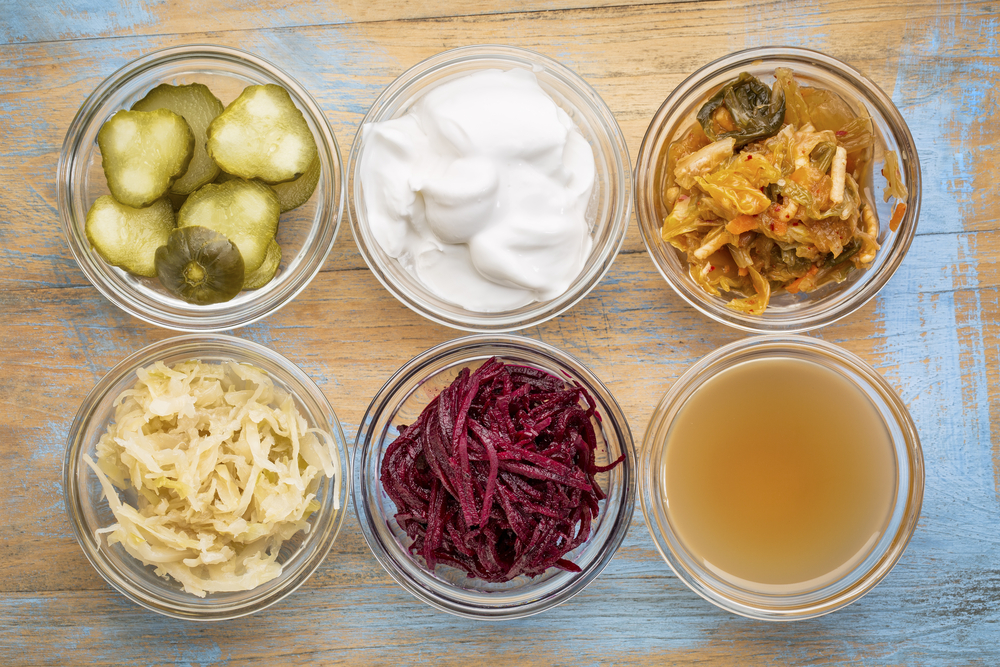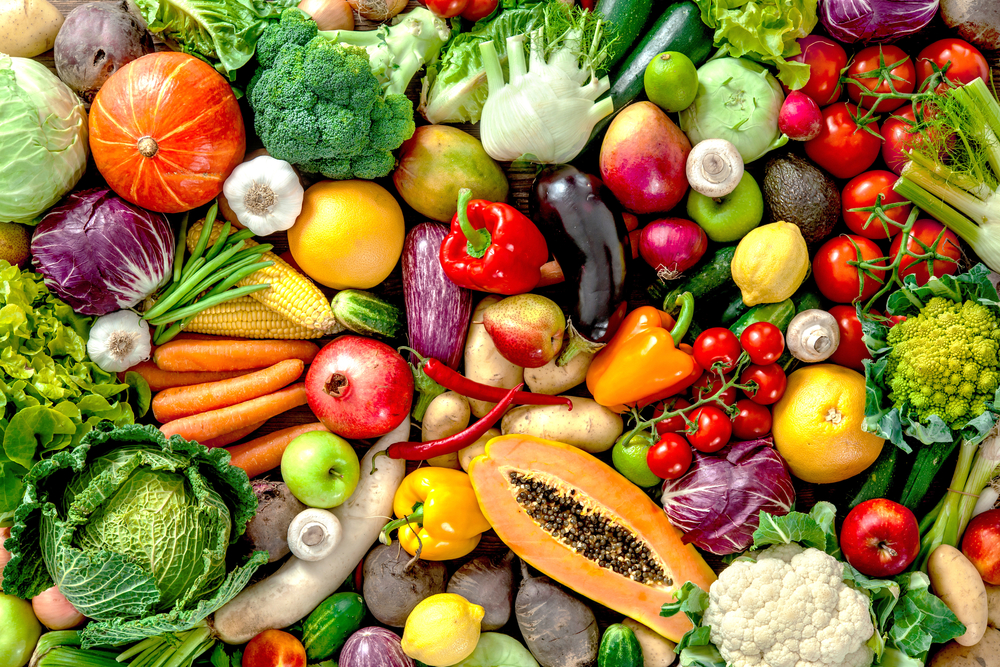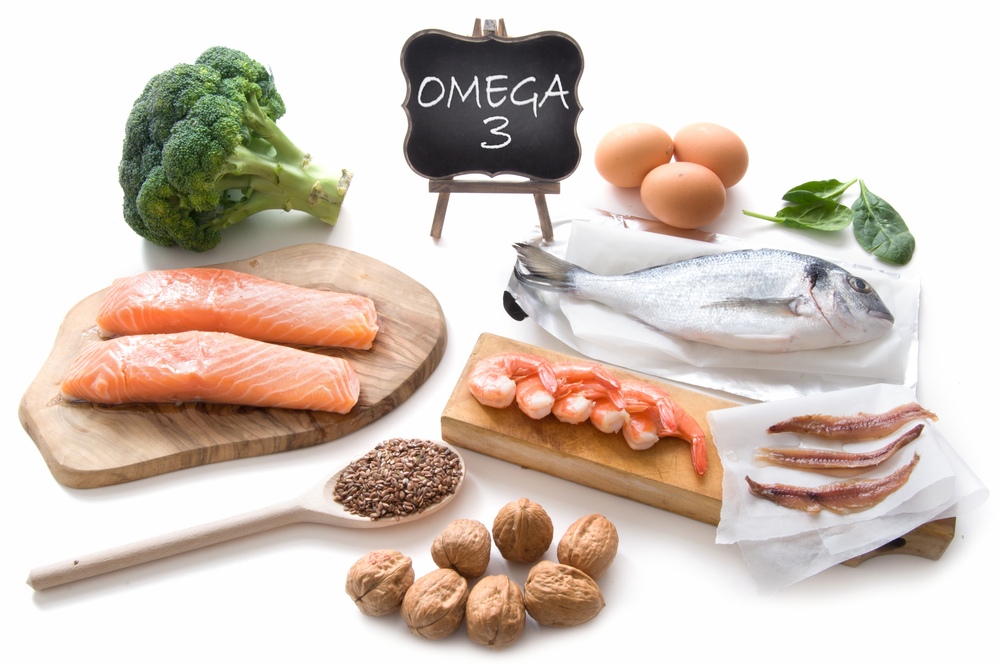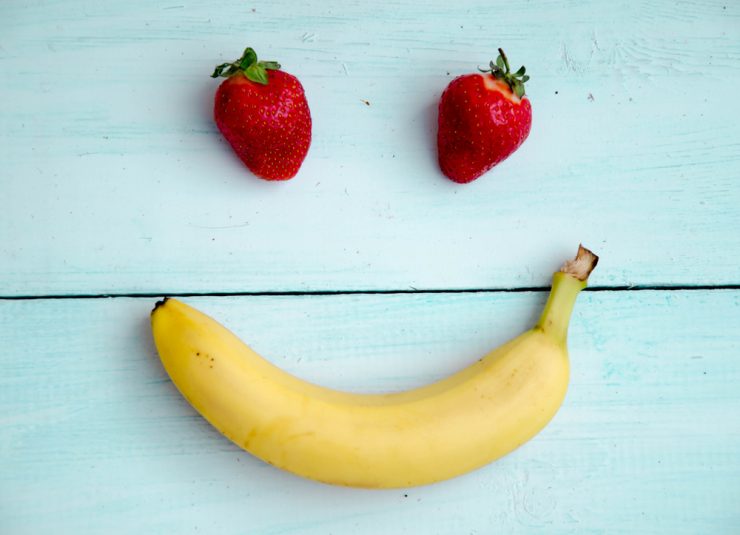“I’m a 35-year-old lady and over the last six months have been really suffering from low mood. I don’t think I have depression as I can’t say my symptoms are severe, but I just feel generally sad. It’s probably easiest to say that I don’t seem to feel joy anymore. I had COVID-19 a few months ago, so maybe it’s a ‘post-viral thing’. I don’t want to take antidepressants, so is there anything you could suggest nutritionally? Thank you.”
Clinical Nutritionist Suzie Sawyer answers:
I’m so sorry to hear your story. Unfortunately, it’s all too common at the moment. And, as you say, post viral may well be a factor too.
The importance of Vitamin D

Obviously, many people do suffer with SAD (seasonal affective disorder), during the winter months, generally down to the lack of light. If you’re not already taking a vitamin D supplement, this is essential during the winter, as it’s produced on the skin when the sun shines and guess what – that doesn’t happen enough during the winter! Research also tells us that vitamin D is very much associated with low mood. Take 25 micrograms daily and see if things improve for you.
Support your gut health

On the topic of vitamin D, one of the reasons why it has an association with mood is because it helps raise serotonin levels, our happy hormone. The story gets even more interesting because serotonin is actually produced in the gut so if the gut is not as healthy or working as well as it should, this can adversely affect serotonin production.
As a starting point, it’s important to make sure the good gut bacteria, called probiotics, that happily reside in the gut, are all in good working order. Probiotics not only help production of serotonin, but we know from research that gut issues can also affect mood, for lots of reasons.
Try and eat probiotic rich foods such as natural yoghurt, miso, kefir, tempeh, sauerkraut and pickled foods. Whist they may not already be in your menu plan it’s worth trying to introduce some.
Fruits and vegetables

As important are foods that feed our good bacteria are, eating enough colourful fruits and vegetables is key. Foods such as Jerusalem artichokes, garlic, onions, leeks, asparagus, bananas, oats, and apples are especially good. You’ll be amazed that when you feed the life inside, you feel so much more alive yourself.
Try St John’s Wort or Ginseng

There are also some really helpful herbs for low mood. I would especially recommend St John’s wort which helps raise serotonin levels. It’s contraindicated if you’re on the contraceptive pill unfortunately, so if you are not able to take it, then the herb ginseng is also helpful. You can even drink red ginseng as a tea, so do try this in any case.
The role of Omega 3s

Lastly, the omega-3 fats are essential for the brain. The brain is made up of about 60% fat, many of which are the omega-3s. The difficulty is that the body can’t make them, so they do need to be eaten. In your case, I would recommend including some in the diet and also taking a supplement. If you can eat some oily fish such as salmon, mackerel, herring or sardines that would be great. Also sprinkle a couple of tablespoons of flaxseeds on your morning cereal, as these are rich in omega-3s too. Walnuts and pumpkin seeds are also great sources.
Spend time outdoors

Even though it’s winter, I would also recommend getting as much fresh air as possible. We know the human psyche is much happier being out in nature and any exercise will also help raise endorphin levels in the blood – our ‘happy hormones’.
I really hope you start to feel happier shortly.



























Add comment